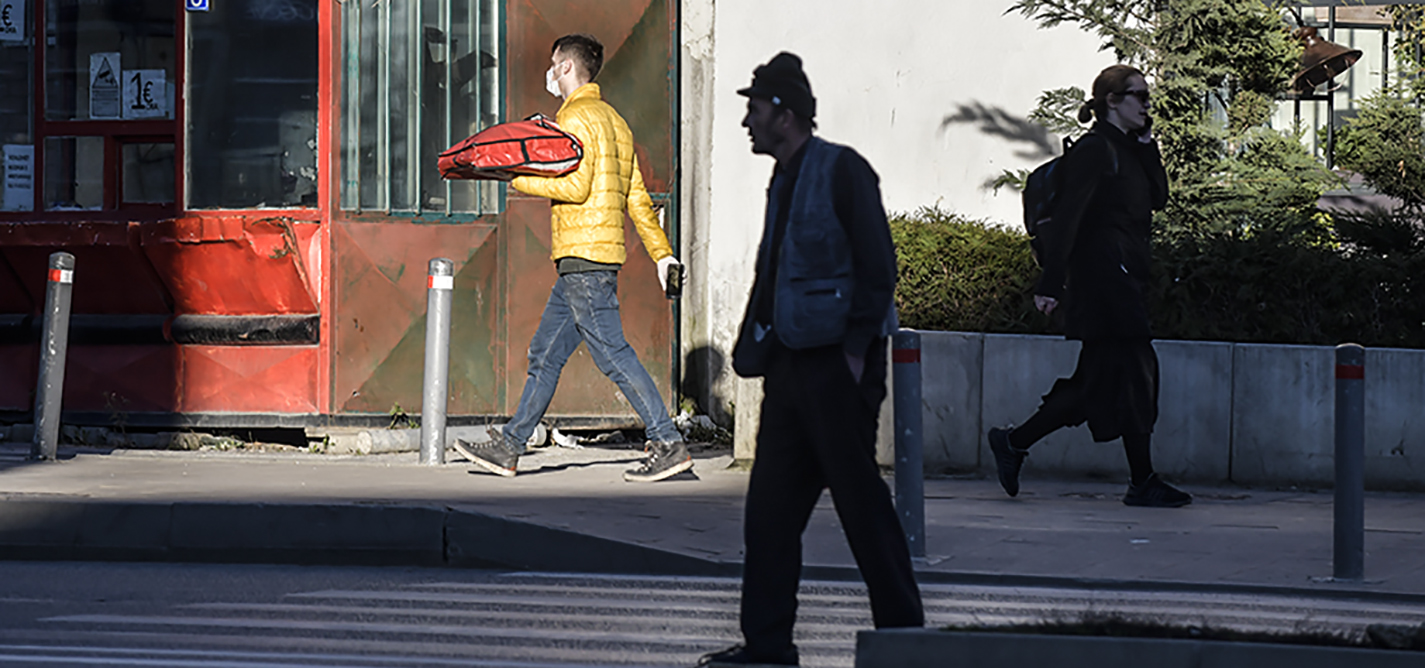
Closed cafés ominous for workers
More worries for waiters during the pandemic.
The government decision was announced, around 8 p.m. Berat told his two employees who were scheduled to work the night shift, “From tonight, we’re closing the café."
Workers who have no employment contracts are not protected by the law and most likely the state cannot provide compensation for them.
“We are working on plans for fiscal support in the immediate aftermath of the situation, so as to resuscitate the economy as soon as possible.”
Përparim Kryeziu, government spokesman“I came to Kosovo from Italy and I am staying here only because of this business.”
Berat Rexhepi, café owner
Ngadhnjim Avdyli
Ngadhnjim Avdyli is a former K2.0 staff journalist, covering mainly politics, governance and social justice issues. He has a degree in journalism from the University of Prishtina.
This story was originally written in Albanian.